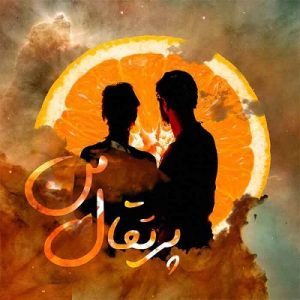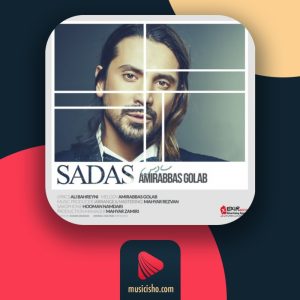In Lyrics Training, you will hear famous songs in Persian language. You can access the lyrics of each song by registering on the website. One of the best ways to learn Persian is to listen to songs in Persian language. So, Try to master each song using the lyrics. Furthermore, you can memorize the songs and sing along with the lyrics and enjoy. Learning Persian language with songs is a fun and effective way to improve your listening, vocabulary, and pronunciation skills.
Songs can expose you to different Persian dialects, accents, and styles, as well as cultural and historical aspects of Persian language. Therefore, you can also learn new expressions, idioms, and slang words from songs that you may not find in textbooks or dictionaries.
Persian music is a rich and diverse tradition that dates back to ancient times. It has influenced many other musical genres, such as Turkish, Arabic, Indian, and Central Asian music. However, Iranian music is usually based on a system of modes called dastgah, which have different scales, melodies, and moods. Some of the most popular instruments in Persian music are the santur (a hammered dulcimer), the tar (a plucked lute), the ney (a reed flute), and the daf (a frame drum).
The Benefits of Lyrics Training
One of the main benefits of learning a language with songs is that it can boost your motivation and enjoyment. Music can create positive emotions and associations with the language, making you more eager to learn. Besides, songs can also provide variety and entertainment in your learning routine, breaking the monotony of textbooks and grammar exercises. Moreover, songs can help you connect with the culture and people of the target language, as you can learn about their values, beliefs, and traditions through their lyrics.
Moreover, learning a language with songs can enhance your linguistic skills in various ways. Songs can improve your listening comprehension, as you can train your ear to recognize different sounds, accents, and intonations. Songs can also improve your pronunciation and fluency, as you can mimic the singers’ articulation and rhythm.
So, have fun and be creative with songs. You can play games with songs, such as guessing the lyrics or filling in the blanks. You can also make your own versions of songs by changing the words or adding new verses. You can also write your own songs using the vocabulary and grammar that you learned.







